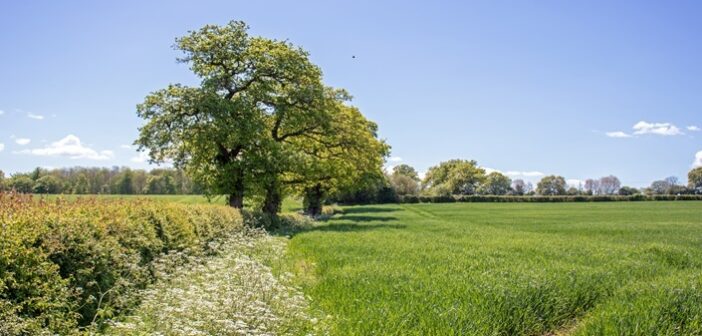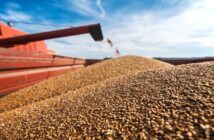New figures from the Department for Environment, Food & Rural Affairs (Defra), show that while the area of land farmed organically in the UK rose by 1.0% in 2024, reaching 503,000 hectares, it remains just over 3.0 % of agricultural land.
Although slightly up from 2023, the number of certified organic operators fell again, from 3,882 to 3,841. This follows a broader UK-wide drop in operator numbers of 1.9%, a sign that many producers continue to face tough economic conditions.
Meanwhile, demand for organic food continues to surge. New data from the Soil Association shows the UK organic market grew by 7.3% in the last year, reaching a record £3.7 billion.
According to specialist restaurant chain Lucia, it raises concerns that the UK could become increasingly reliant on imported organic produce, undermining many of the environmental and economic benefits of buying local.
Speaking on the findings Georgina Pellant says “Organic food is booming, but the growth in farming simply isn’t keeping pace. A 1% rise in land may sound positive, but it’s dwarfed by a market growing at over 7%.
“British organic farmers face ongoing challenges from high input costs to a lack of long-term policy support. If we want to protect biodiversity, improve soil health, and build resilient food systems, we must make it easier for farmers to go and stay organic.
“Everyone has a role to play, including shoppers. Backing organic doesn’t have to mean buying everything organic. It means making small, conscious choices that support producers who are doing things differently.”
Support needed to capitalise opportunity
The Soil Association considers it important that the right support and incentives are put in place to enable farmers to capitalise on this market growth.
Organic development advisor Adrian Steele adds: “It is critical that the Government acts swiftly to replace the Sustainable Farming Initiative with a programme that will unlock the potential for UK home-grown organic produce rather than stifling interest from farmers keen to adopt nature-friendly farming practices.
“In the short-term the Government could put organic back into the Countryside Stewardship scheme to provide an incentive for new entrants and the necessary maintenance support to avoid farmers losing faith and abandoning the sector.”
The success of organic in countries like France and the Republic of Ireland has proved the importance of having successful agro-environmental schemes in place and strong leadership.
“There have been some positive conversations with Defra about an Organic Action Plan and its potential to mirror the success of many European countries and Scotland – but we desperately need to see this come to fruition.”




